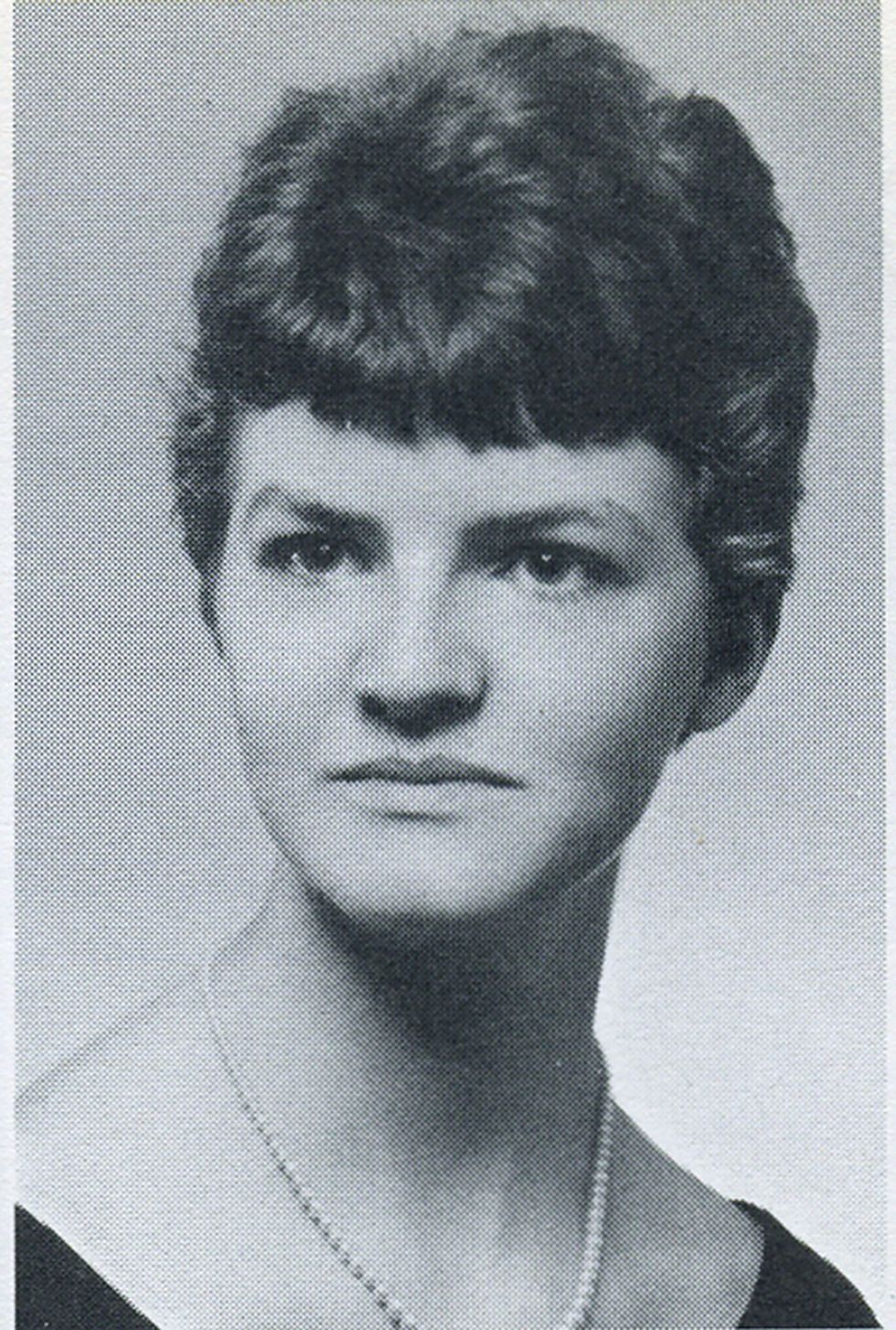It was Sept. 4, 1977. It seemed to be a normal fall night as Trenton State College Campus Police Officer, Thomas Kokotajlo, patrolled the campus. However, as he approached Kendall Hall, he noticed a lone green bicycle chained to the rack near the side door. Knowing the building was supposed to be empty at that hour, he decided to enter, unprepared for what he was about to see. As Officer Kokotajlo entered the theater, he walked on stage to find blood splattered across the wooden floor. The splattered trail led to a naked, lifeless body. Her wrists were bound, her body covered in blood—she was viciously beaten past the point of recognition.
Her name is Sigrid Stevenson, and she was a 25-year-old music graduate student who had a passion for playing the piano. Stevenson traveled to Trenton State from Livermore, California. She had arrived a few days before the semester had began, and did not have a place to stay. As a short-term solution, Stevenson decided to sneak into Kendal Hall (thanks to a faulty lock on one of Kendall Hall’s doors), where she could play the piano and spend the night. The night of Sept. 4, was her last performance.
Campus Police and Ewing Township police began a joint investigation. It was determined that Stevenson was beaten with a blunt object while playing the piano. She was said to have died from a combination of a skull fracture and major cuts on her face and head. Stevenson was beaten so violently that the only way she could be identified was from her hair. She was not raped or robbed—the perpetrator and the motive for the murder still remain a mystery. The brutal nature of the crime causes it to seem personal, leaving questions as to the murderer's motives- was it revenge? Was it out of anger? Why would someone have so much rage towards Stevenson?
Officers questioned over 100 students and conducted numerous polygraph tests on students and staff. Police searched for the murder weapon and even sought advice from nearby psychologists and noted psychics. Despite their efforts, the case remained unsolved and the murderer, free. According to NJ.com and David Muha, spokesman for the College, TCNJ meets regularly with the county prosecutor’s office and Ewing police to see if there is any new information.
As a student of the college, presently named The College of New Jersey, I was not aware of Stevenson’s murder. The “ghost” of Kendall hall is a story that is seldom told by TCNJ students. But the reality of the story, the young life that was taken from TCNJ, is hardly even known. Stevenson's life and story need to be recognized and present on the TCNJ Campus- not as a ghost story, but as a case that needs to be solved.




















